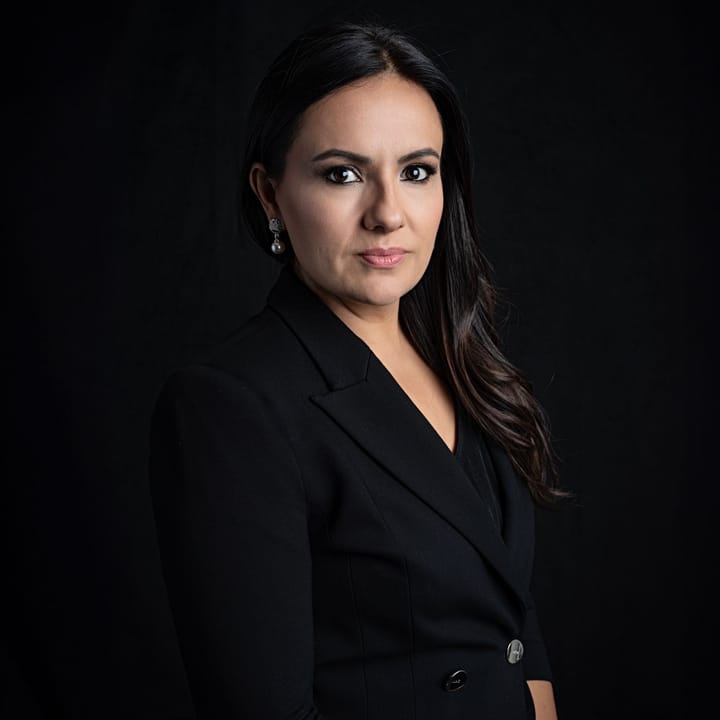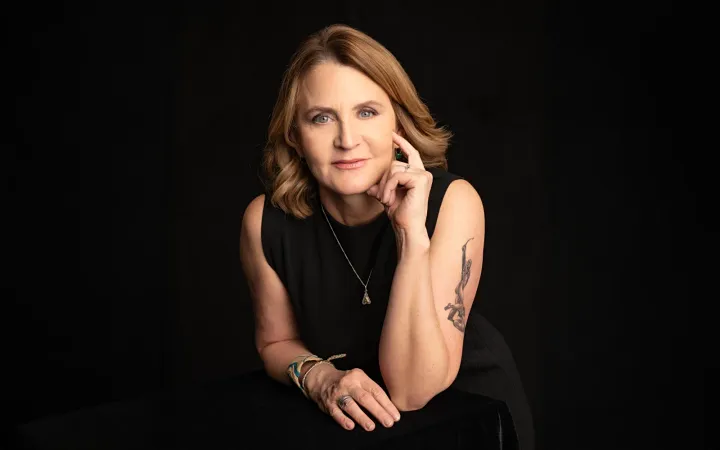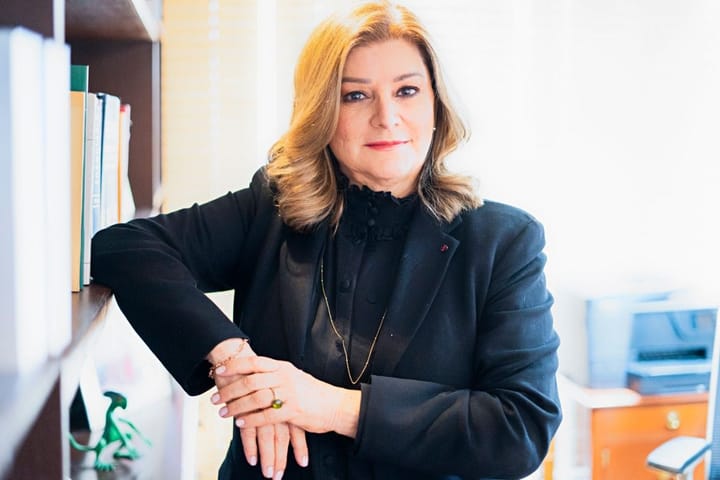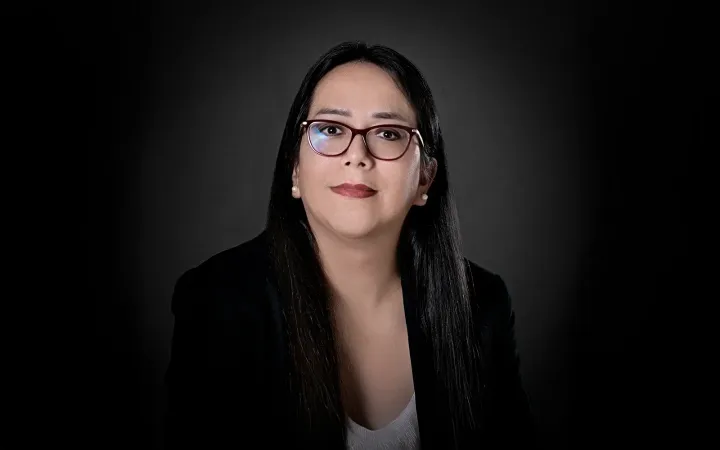Por Brenda Estefan
Escribo estas líneas desde Washington, la capital estadounidense. Hoy, los estadounidenses irán a las urnas y el resto del mundo observará atento. La elección entre Kamala Harris y Donald Trump no solo definirá el rumbo de Estados Unidos, sino que también tendrá profundas implicaciones en el resto del planeta.
¿Qué está en juego? Si bien las visiones respecto a la rivalidad con China y la guerra en Medio Oriente no son tan diferentes entre uno y otro candidato, los enfoques de ambos son opuestos en temas cruciales como el conflicto en Ucrania, el cambio climático, la democracia y las alianzas internacionales.
Uno de los temas que más divide a ambos es el conflicto en Ucrania. Mientras Harris busca continuar el apoyo militar y político a Kyiv, Trump ha dicho que, de resultar electo, resolvería el conflicto en 24 horas, lo que implicaría forzar al gobierno de Zelenski a una negociación que podría incluir significativas concesiones en detrimento de Ucrania. Si bien es cierto que, llegue quien llegue a la Casa Blanca, la intención de Washington será involucrarse menos en la seguridad europea para concentrarse en la rivalidad con China, el enfoque de Trump implicaría una mayor amenaza a la estabilidad de Europa.
El enfoque de ambos candidatos sobre el medio ambiente tendría implicaciones significativas a nivel global. Harris apoya una agenda verde ambiciosa, comprometiéndose a reducir las emisiones de gases de efecto invernadero y a promover esfuerzos internacionales para frenar el cambio climático. Trump, en cambio, ha demostrado un enfoque escéptico, retirando a EE.UU. del Acuerdo de París durante su mandato y promoviendo la desregulación en esta agenda.
Una eventual victoria de Harris significaría una revitalización de la cooperación multilateral y del compromiso de Washington con sus aliados tradicionales, así como un manejo institucional de las relaciones entre países. Mientras que un regreso de Trump a la oficina oval vendría acompañado de su tono impredecible y confrontacional. Además, como es bien sabido, el neoyorquino sería menos crítico con los líderes autoritarios y más pragmático en su trato con ellos, lo cual dejaría muy complacidos a personajes como el presidente ruso Vladimir Putin, el primer ministro húngaro Viktor Orbán y el presidente turco Recep Tayyip Erdoğan.
La situación global es extremadamente volátil; de hecho, es la más volátil que hayamos conocido desde el fin de la Guerra Fría. En ese entonces, aunque el orden establecido se desvaneció, líderes como Mijaíl Gorbachov, George H.W. Bush y François Mitterrand lograron construir un nuevo equilibrio sin caer en el conflicto abierto. Hubo un momento de riesgo, pero predominó la paz y la diplomacia. Hoy, en cambio, vivimos el fin de otra era, pero esta vez con guerras en curso y tensiones no vistas en décadas.
Los actuales conflictos trascienden las fronteras regionales. Ucrania recibe apoyo financiero y equipamiento militar de sus aliados occidentales, mientras que Rusia ha recurrido a drones iraníes y obuses de Corea del Norte y ahora también a tropas norcoreanas. En el Medio Oriente, el conflicto que comenzó entre Hamás e Israel se extiende cada vez más, involucrando a un número creciente de países y actores. Además, los focos de tensión en Taiwán y el Mar del Sur de China amenazan con detonar un conflicto mayor.
El mundo se enfrenta a una realidad en la que los actores no solo defienden sus intereses nacionales, sino que también intentan redibujar las fronteras del poder global. Esta dinámica está generando tensiones y conflictos en diversas regiones, y me atrevo a decir que, independientemente de quién llegue a la Casa Blanca, este caos no desaparecerá. De hecho, sin importar el resultado electoral de hoy, es probable que el mundo experimente más guerras antes de alcanzar la paz. Y quizás ello hace más relevante esta pregunta: ¿En un contexto tan inestable, conviene más Kamala Harris o a Donald Trump en la Casa Blanca?

Las opiniones expresadas son responsabilidad de sus autoras y son absolutamente independientes a la postura y línea editorial de Opinión 51.






Comments ()